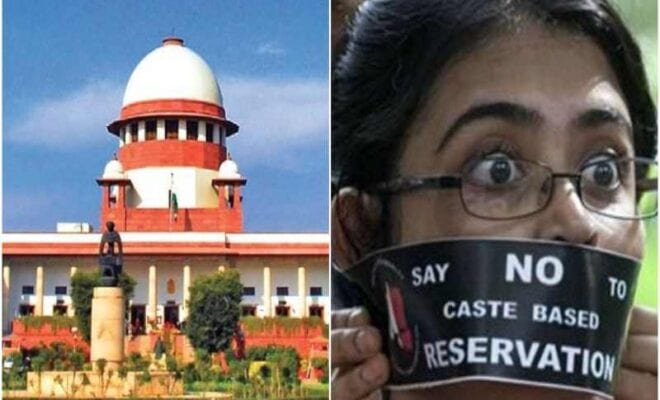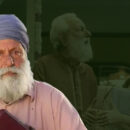Supreme Court raises concern over ‘inequality’ due to reservation, asks for how many generations will this continue?

Last updated on March 25th, 2021 at 09:18 am
The Supreme Court has expressed its concerns over the reservation saying that it is leading to inequality. The apex was conducting a hearing during the Maratha quota case when it asked for how many generations would the reservation in jobs and education continue in the country.
On Friday the country raised questions on the resultant inequality in case of the overall 50 percent limit that is given to the reserved section and how it is high time to remove it. A five-judge constitution bench conducted the hearing and it was headed by justice Ashok Bhushan.
The state lawyer Mukul Rohatgi appeared in the court backing the Mandal judgment so that the court re-looks at capping the quota for the section. The advocate also said that the court should not interfere with the state’s decision regarding the reservation quotas in the view of circumstances that have been changed. The senior advocate also added that the Mandal judgment was based on the census of 1931.
Related Posts
He stressed on the law in the state that favours Marathas over other communities as he went to explain through various aspects of the Mandal Judgement which is also known as Indra Sawhney case saying that the decision taken by the centre to reserve 10 per cent quota for the economically weaker section breaches the 50 percent cap, which earlier ensured Maratha community reservation.
The bench however differed in its position and it asked the advocates, “If there is no 50 percent or no limit, as you are suggesting, what is the concept of equality then. We will ultimately have to deal with it. What is your reflection on that… What about the resultant inequality. How many generations will you continue?”
Rohatgi stressed the growing population as one of the reasons behind backing the reservation in the state. The bench pointed out that it has been 70 years since the country got its independence and state governments have implemented many beneficial schemes to bring out the equality in the functioning of the country and with all of that in mind should be believe that there has been no development in the state and no backward castes have moved forwards.
To this, the advocate replied, “Yes, we have moved forward. But it is not that backward classes have gone down from 50 to 20 percent.” He highlighted that the country still witnesses deaths due to starvation and that is partly because of the growing population which also consists of the backward classes.
He also, later on, pointed out that even though the constitution has made certain amendments in this regard but there are a lot of other indicators that prove that country has not reached where it should have in all these years.



